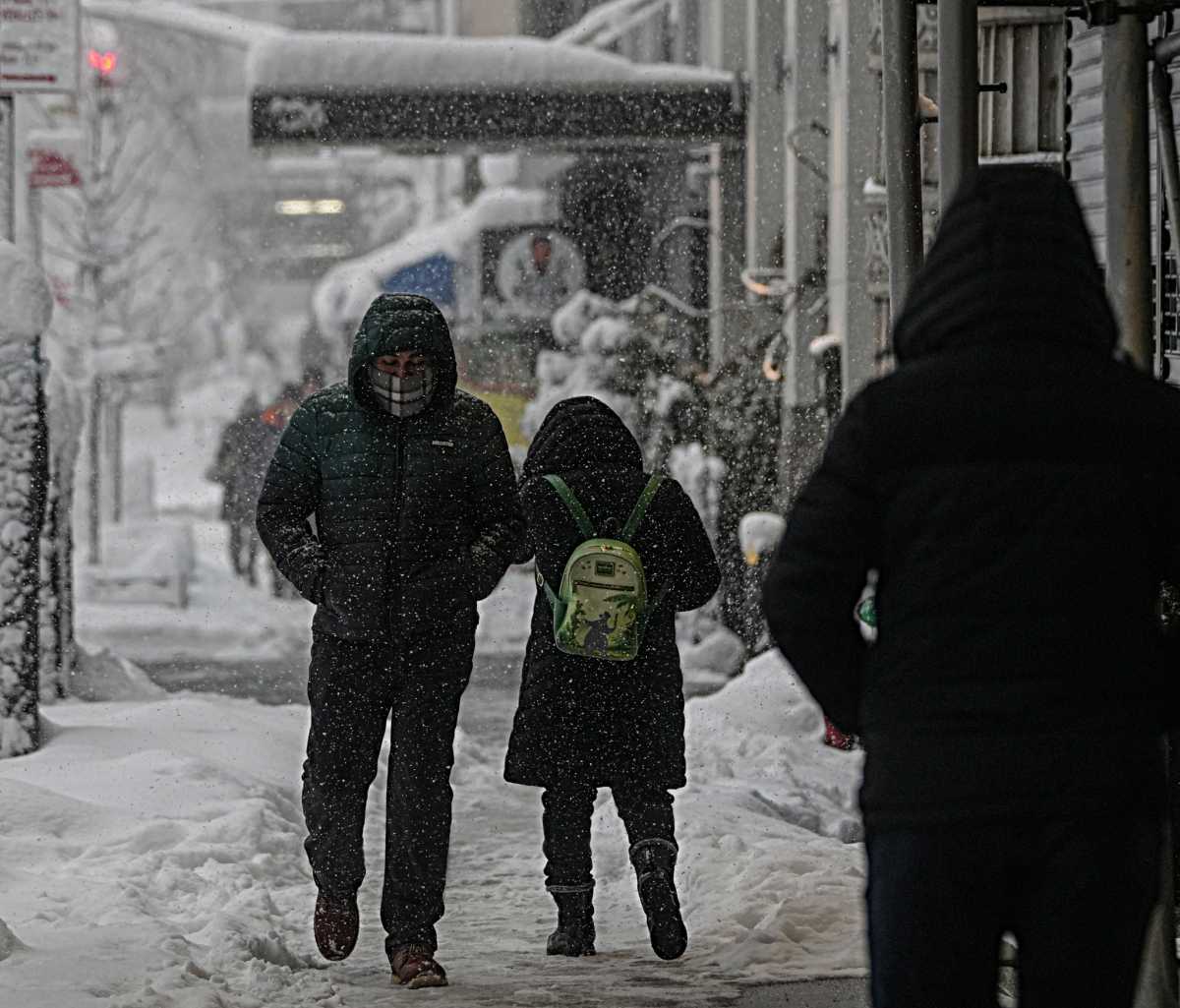The H1N1 virus closed several Queens in schools last year, prompting plans to be put in place for the newly started school year – in case the virus should appear again.
“The Health Department and Department of Education are working with schools, parents and communities to minimize the spread of H1H1 and seasonal flu among children and teachers,” information from the city states. “Our key objectives are to get children vaccinated, keep them home when sick, and ensure that they practice good hygiene, covering coughs and sneezes with sleeves or tissues and washing their hands frequently.”
During a briefing on the virus held at New York Hospital Queens, Dr. Teeb Al-Samarrai, the Epidemic Intelligence Officer in the Division of Epidemiology at the New York City Department of Health and Mental Hygiene, said that there will be daily flu reporting and coordination with the Department of Education. She also explained the circumstances under which the Department of Health will evaluate a school.
“If nurses see four percent of students or a minimum of 15 with influenza-like illness during one school day, there will be an on-site assessment done by the Department of Health,” she said.
Also during the meeting, Assemblymember Rory Lancman noted that, at the beginning of September, the Department of Education and Department of Health announced a specific plan for schools. He said that there is supposed to be more necessary supplies in school.
Also, Lancman said that there are new guidelines for when a school will be closed. He said that the “emphasis this year is ‘err on the side of not closing’.”
A question that was raised during the briefing was what should be done to protect children attending after school programs. Dr. Jose Villarin, the Associate Chairman of Pediatrics and Director of the Teresa Lang Children’s Ambulatory Center at NYHQ, said that prevention is the main thing.
“I think you have to take a cue from the Department of Health as to what the prevalence of H1N1 is in the community before stopping any activities and congregation of children,” Villarin said.
In addition, Villarin said that areas can be cleaned with Clorox-based wipes. He also recommended being proactive about screening the children before they arrive, such as calling parents to ask how their child is feeling.





























